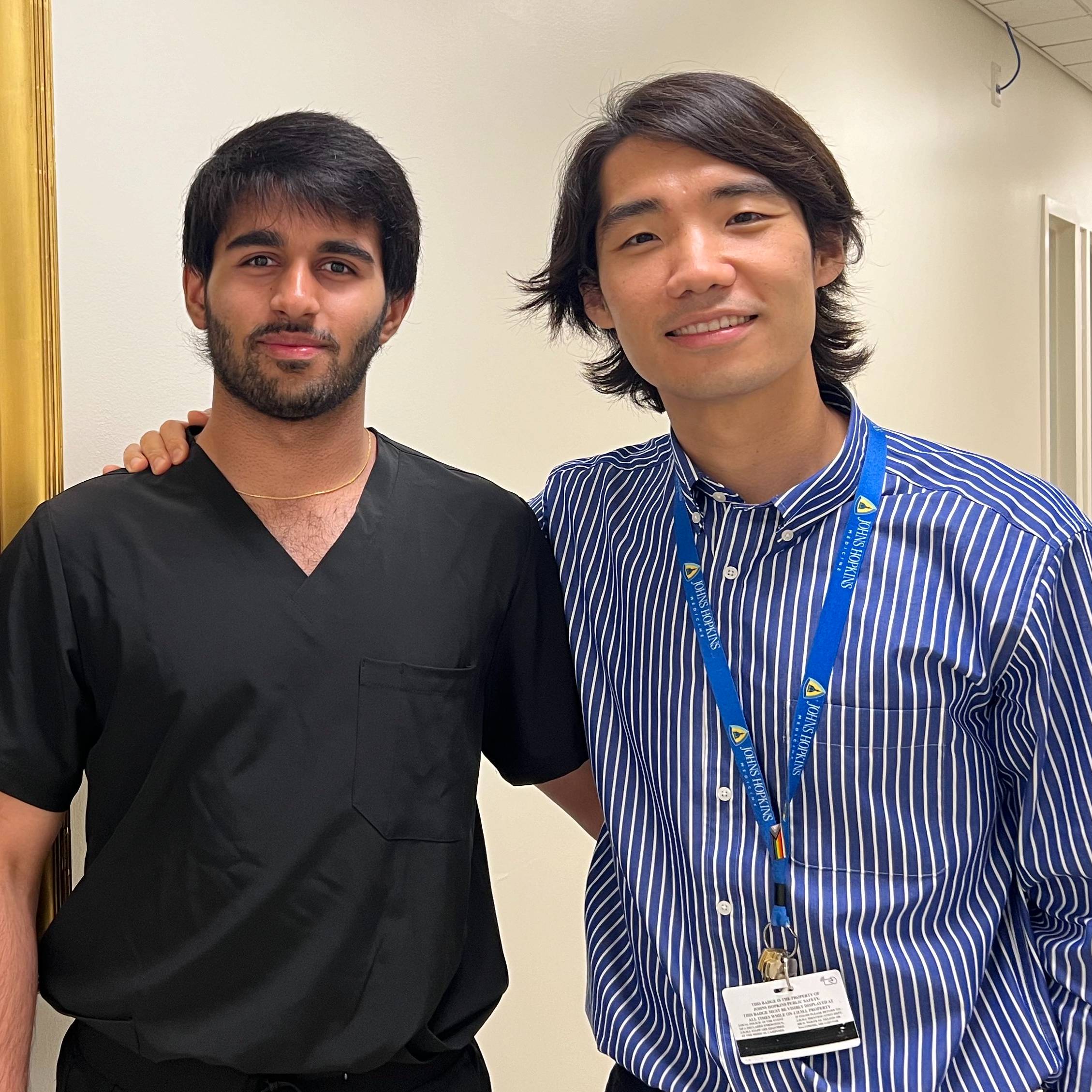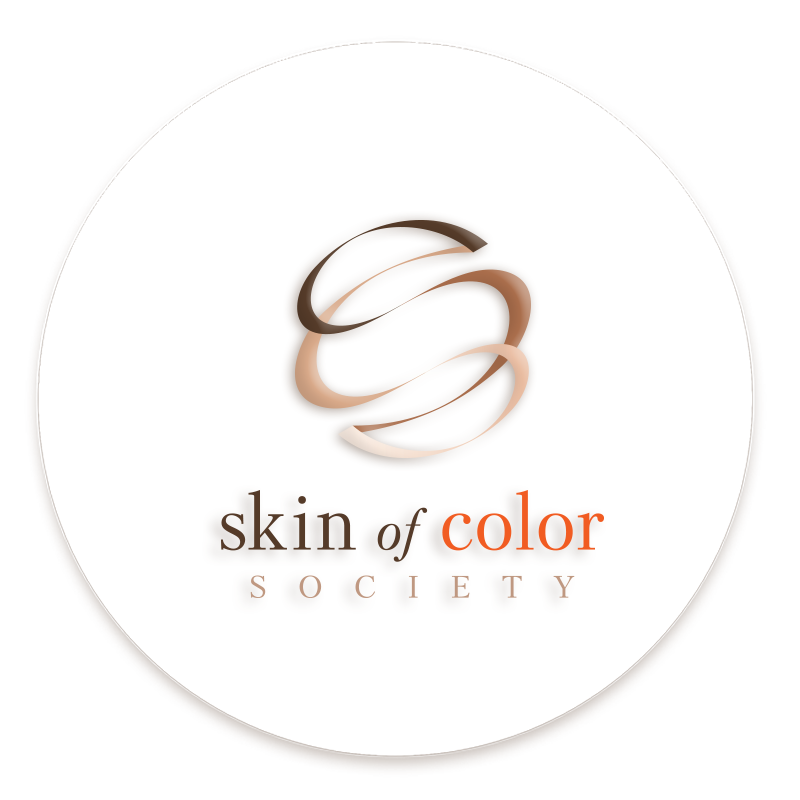
Mentee: Sach Thakker, BS
Mentor: Jun Kang, MD
The Johns Hopkins University School of Medicine
During my observership at Johns Hopkins Hospital (JHH), I had the invaluable opportunity to delve into dermatology with a focus on skin of color (SOC) patients. Under the mentorship of Dr. Jun Kevin Kang, I engaged in both clinical and research activities that have profoundly shaped my understanding and aspirations in dermatology.
The clinical component of my observership was enriching and eye-opening. I shadowed Dr. Kang and his team, observing a wide variety of dermatological conditions prevalent among SOC patients, including cutaneous lupus, dermatomyositis, and severe drug reactions. We were on the consult service, and I got to closely work with a senior resident and rotating 4th year medical student. This hands-on experience allowed me to appreciate the nuances in diagnosing and managing dermatological conditions in patients with diverse skin tones. I gained practical skills in patient communication, clinical assessment, and treatment planning, which are crucial for my future practice.
I actively participated in two significant IRB-approved research projects, which enhanced my research skills and knowledge. The first project was a cohort study on Steven’s Johnson Syndrome (SJS)/Toxic Epidermal Necrolysis (TEN) patients at JHH and the Uniform Services University. This study aimed to identify disparities in the presentation, management, and outcomes of SJS/TEN between Black and non-Black patients. Through data collection and analysis, I learned about the higher incidence rates and increased risk factors for mortality among SOC patients. The second project involved a longitudinal study of inpatient dermatology consultations at JHH from 2017 to 2022. This research aimed to determine which patients benefit most from inpatient consultations and how to optimize hospital resources for dermatological care.
The mentorship I received from Dr. Kang was exceptional. He provided continuous guidance, feedback, and encouragement, fostering a supportive learning environment. Additionally, I had the privilege of interacting with other renowned dermatologists, including Dr. Sewon Kang, Dr. Crystal Ugochi Aguh, Dr. Jihad Alhariri, and Dr. Sima Rozati. These interactions broadened my professional network and exposed me to various research and career opportunities within the field of dermatology. The networking and mentorship dynamics were pivotal in enhancing my professional growth and development.
This observership significantly impacted my personal and professional development. I developed a deeper understanding of the health disparities faced by SOC patients and the importance of promoting health equity in dermatology. The experience reinforced my commitment to advocating for inclusive, accessible, and culturally sensitive diagnostic tools and treatments. Moreover, the research skills and clinical knowledge I acquired during this observership will be instrumental in my future career as an academic dermatologist.
In conclusion, my observership at JHH was an enriching and transformative experience. It provided me with valuable clinical skills, research expertise, and professional connections, all of which will contribute significantly to my career in dermatology. I am grateful for the support
from the SOCS Observership Grant, and I look forward to applying the knowledge and skills gained to improve dermatological care for SOC patients.


